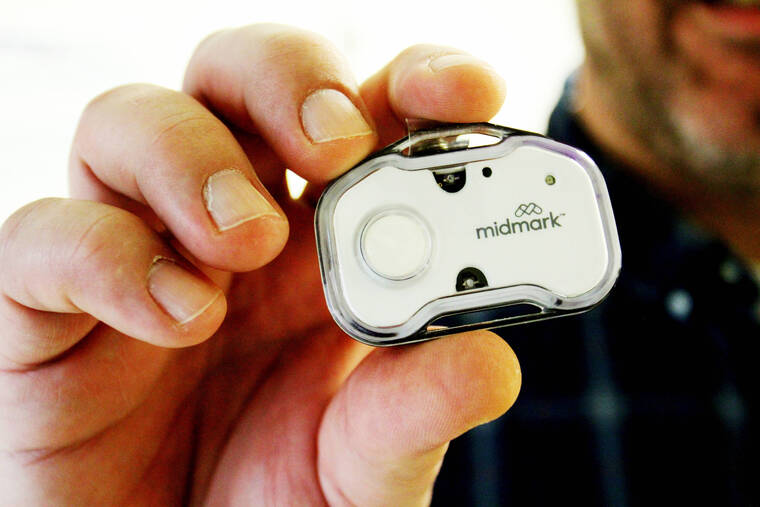COVID-related attacks are causing the hospital to issue panic buttons
[ad_1]
Nurses and hundreds of other workers will soon be wearing panic buttons at a Missouri hospital where attacks on workers have tripled following the outbreak of the COVID-19 pandemic.
Cox Medical Center Branson uses grant funds to button the badges of up to 400 employees working in the emergency room and inpatient hospital rooms. Pressing the button immediately alerts hospital security and starts a tracking system that sends help to the worker at risk. The hospital hopes to have the system up and running by the end of the year.
A similar program was successfully tested at CoxHealth’s Springfield Hospital last year, spokeswoman Kaitlyn McConnell said Tuesday.
Hospital data showed the number of “security incidents” at Branson Hospital increased from 94 in 2019 to 162 in 2020, and 2021 was not available.
The Delta variant of the virus hit hard in southwest Missouri from June, leaving hospitals so full that many patients were sent to other facilities hundreds of miles away. The hospital in Branson, the popular tourist destination known for its many shows and attractions, has been at full or almost full for four months.
CoxHealth’s director of security, Alan Butler, said the panic buttons “fill a critical void”.
“Personal panic buttons are another tool in the fight for the safety of our employees and demonstrate this organization’s commitment to maintaining a safe work and care environment,” Butler said in a statement.
The Missouri hospital is not alone. The Texas Tribune reported the rising number of assaults in Texas hospitals earlier this month, incidents that officials believe are fueled by a surge in COVID-19 hospital admissions.
Jane McCurley, Chief Nursing Executive of the Methodist Healthcare System in Texas, said at a news conference in August that San Antonio Hospital staff were “verbally abused, yelled at, threatened with assault and even pulled with knives.”
Globally, a February report by the Geneva-based Insecurity Insight and the University of California, Berkeley’s Human Rights Center identified more than 1,100 threats or acts of violence against health care workers and facilities worldwide last year. The researchers found that around 400 of these attacks were related to COVID-19, many of them motivated by fear or frustration.
Assaults on healthcare workers have been worrying for years, said Dave Dillon, spokesman for the Missouri Hospital Association, but COVID-19 “has changed the dynamic in many ways.” Among them: Efforts to slow the spread of the virus mean that relatives are often unable to accompany a sick person, which increases the already high level of stress.
Jackie Gatz, vice president of safety and preparedness for the Missouri Hospital Association, said using a button alarm is one of the many steps hospitals are taking to protect workers. Security cameras are added, and some security guards wear body cameras. CoxHealth added safety dogs to Springfield late last year.
The Missouri Hospital Association also offers training to help workers protect themselves, including training on how to recognize and de-escalate when someone gets excited. Gatz said nurses and staff are also encouraged to stand between the hospital bed and the door.
“You can control your surroundings without necessarily building physical barriers,” said Gatz.
[ad_2]

